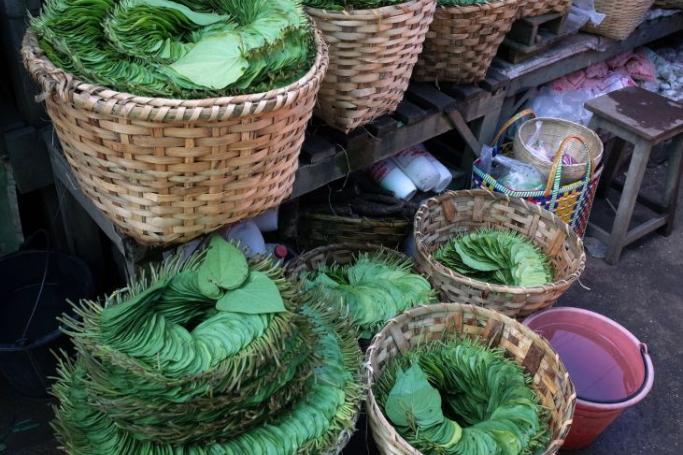Mizzima
The price of commodities in Rakhine State were raised after cyclone Mocha hit and they remain high despite local authorities telling merchants not to raise prices.
A Mrauk-U resident said: “The price of commodities is not falling. The controls are still ineffective… some merchants are still selling their goods at twice the normal price.”
Both junta and Arakan Army (AA) run Rakhine State administrations warned businessmen and vendors not to raise their prices. But, according to local residents, many people are still paying exorbitant prices for basic commodities, especially in the more rural areas of Rakhine State, because no action has been taken against vendors selling overpriced goods.
Rakhine State residents say that the price for one liter of cooking oil, which previously cost 6,000 MMK, has increased to 7,000 MMK. Prior to Cyclone Mocha, a bag of 53 kg of rice cost about 50,000 kyats, but today it can cost up to 150,000 kyats.
"Even though the authorities warned the dealers, the price is still going up”, said a Rathedaung Township resident.
The price of wood, bamboo and other materials needed to rebuild buildings damaged by the cyclone has also gone up.
In Rakhine State 100 bamboo poles used to cost 30,000 kyats, but since Cyclone Mocha the price has gone up to between 70,000 and 80,000 kyats in many areas. Before Cyclone Mocha zinc roof rivets cost about 7,000 kyats a viss (1.63kg) but now they can cost 50,000 kyats a viss.
A Ponnagyun resident said: “Waterproof polythene sheeting costs 100,000 kyats. Many people in Rakhine State have yet to repair their houses. The only upside is that it hasn’t rained yet. We haven’t finished repairing our house yet.
Recently, the AA specifically warned building material suppliers not to price gouge and to stop charging exorbitant prices. This caused the price of building materials to drop slightly, but they have not yet returned to the same levels as before Cyclone Mocha hit.
The cost of basic food commodities in Rakhine State also remains much higher than prior to Cyclone Mocha.












